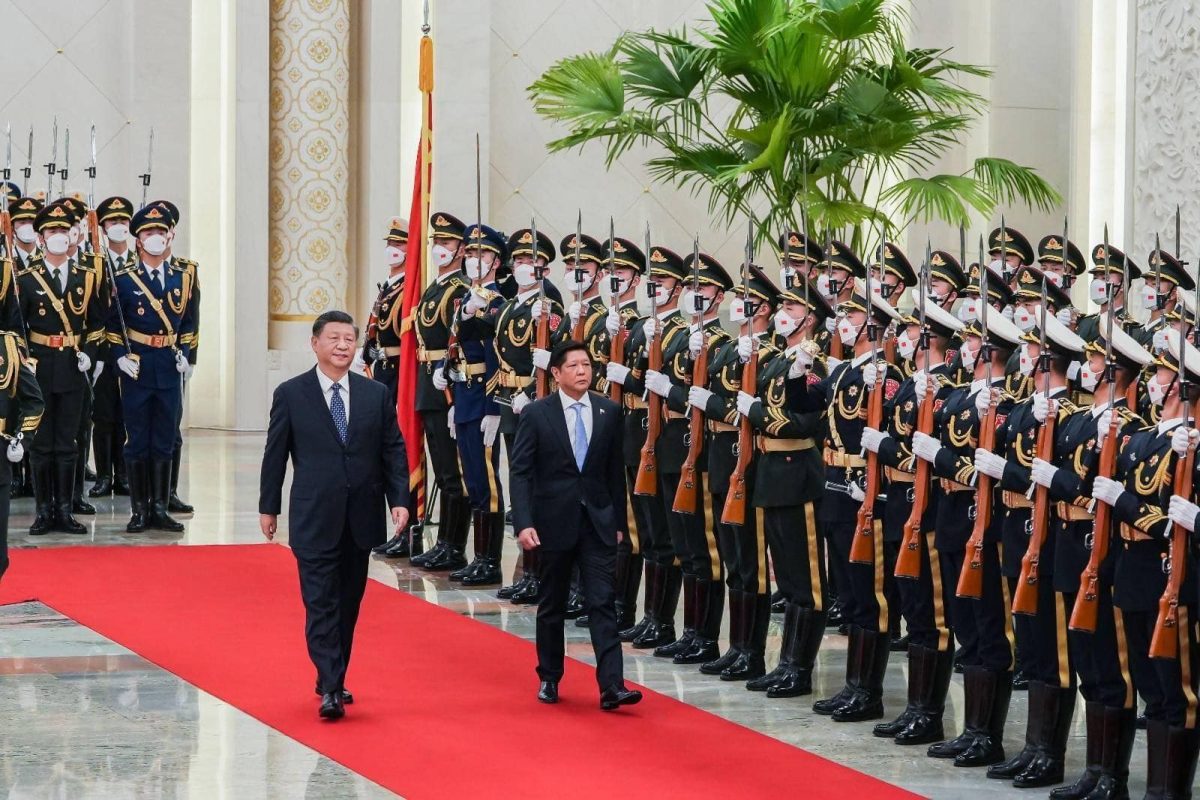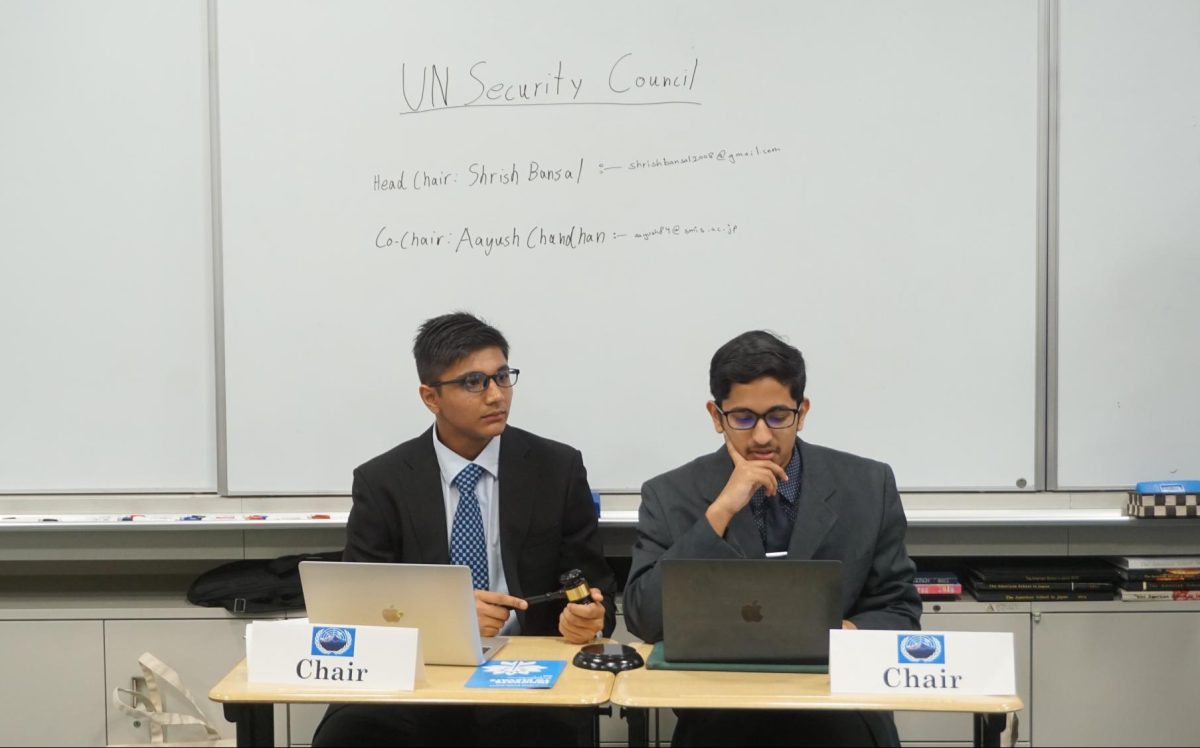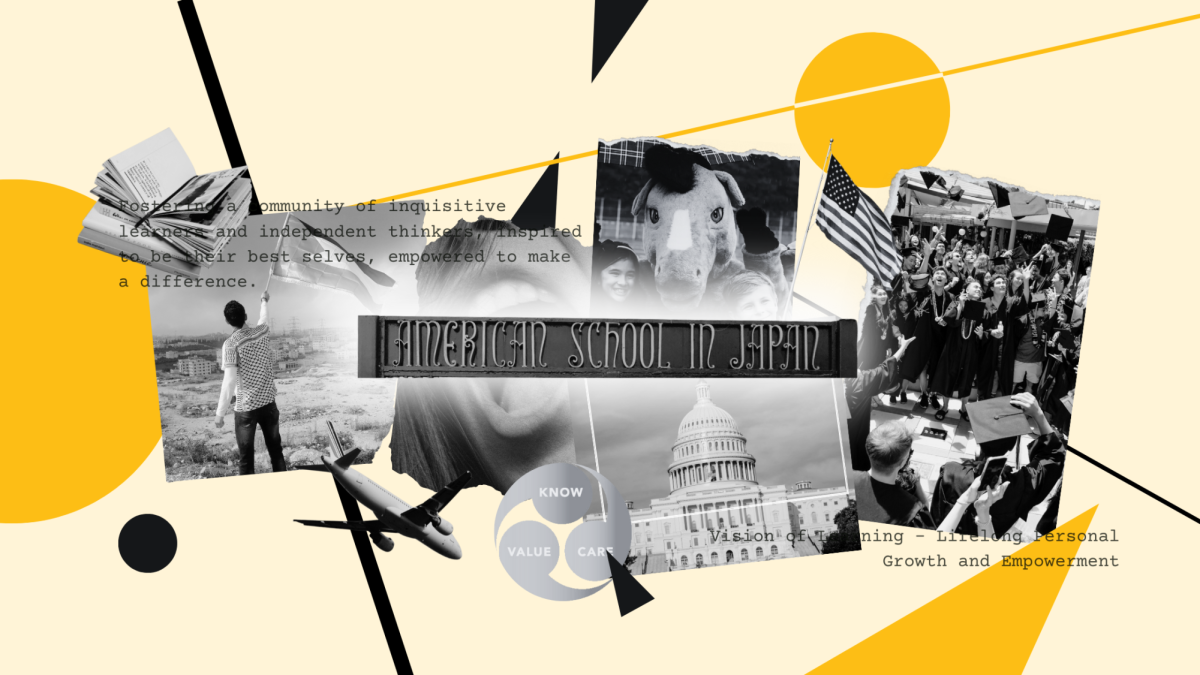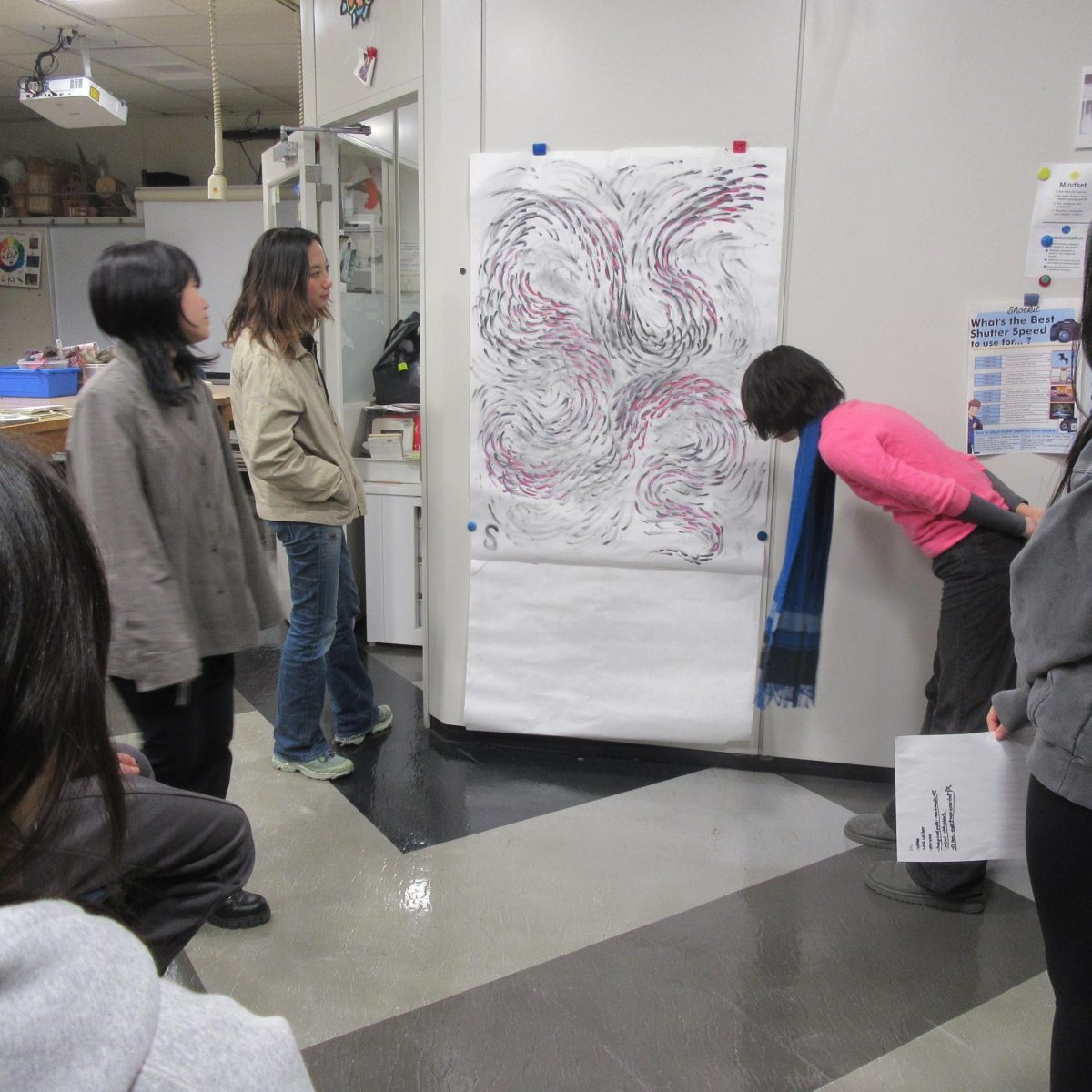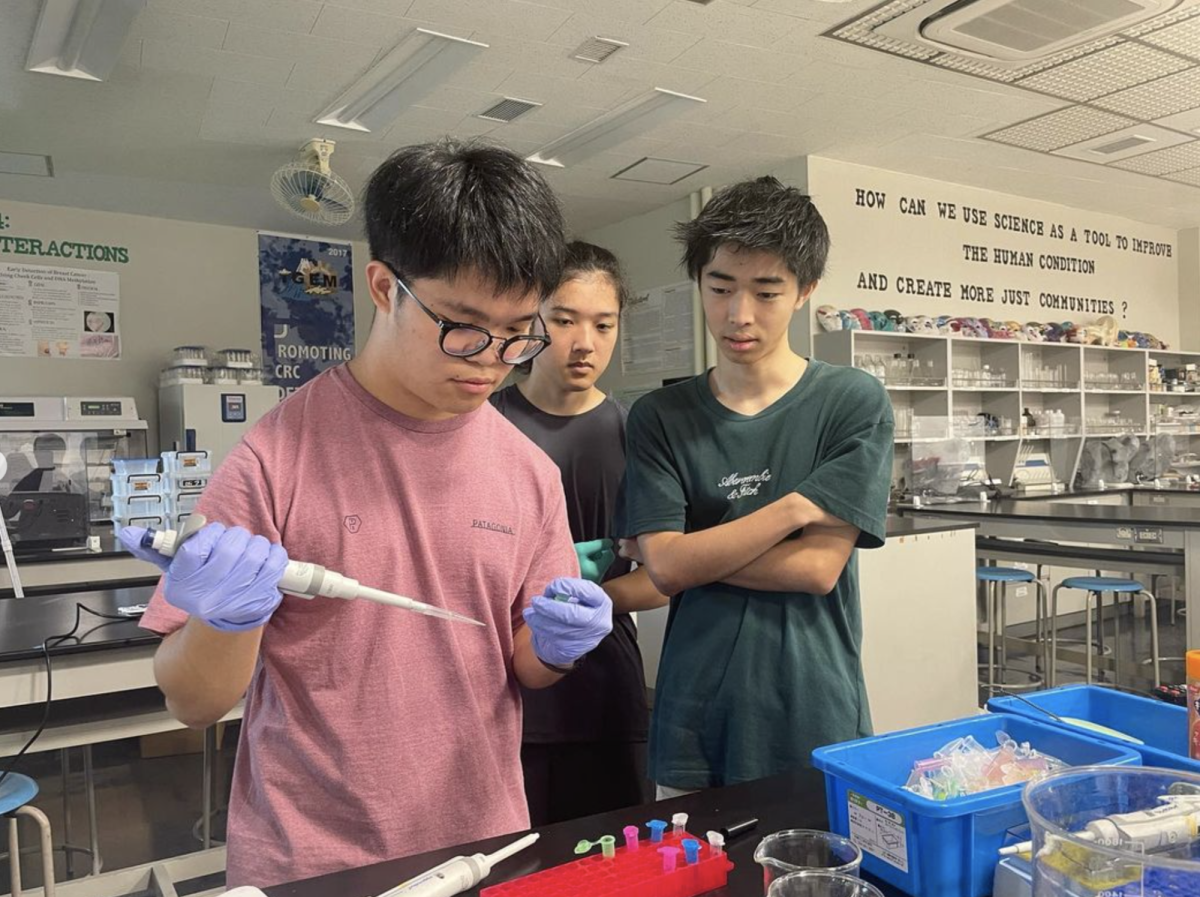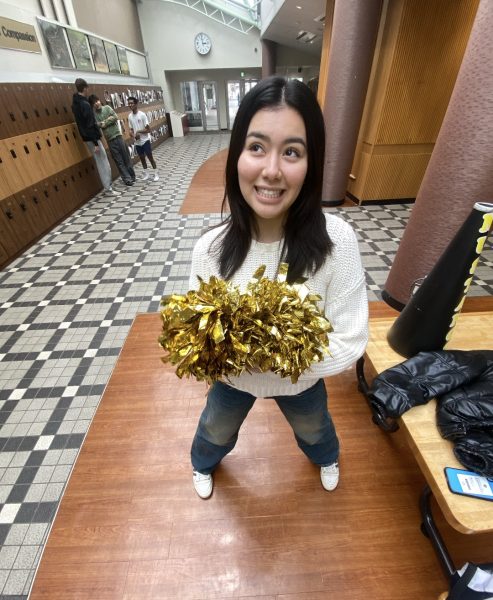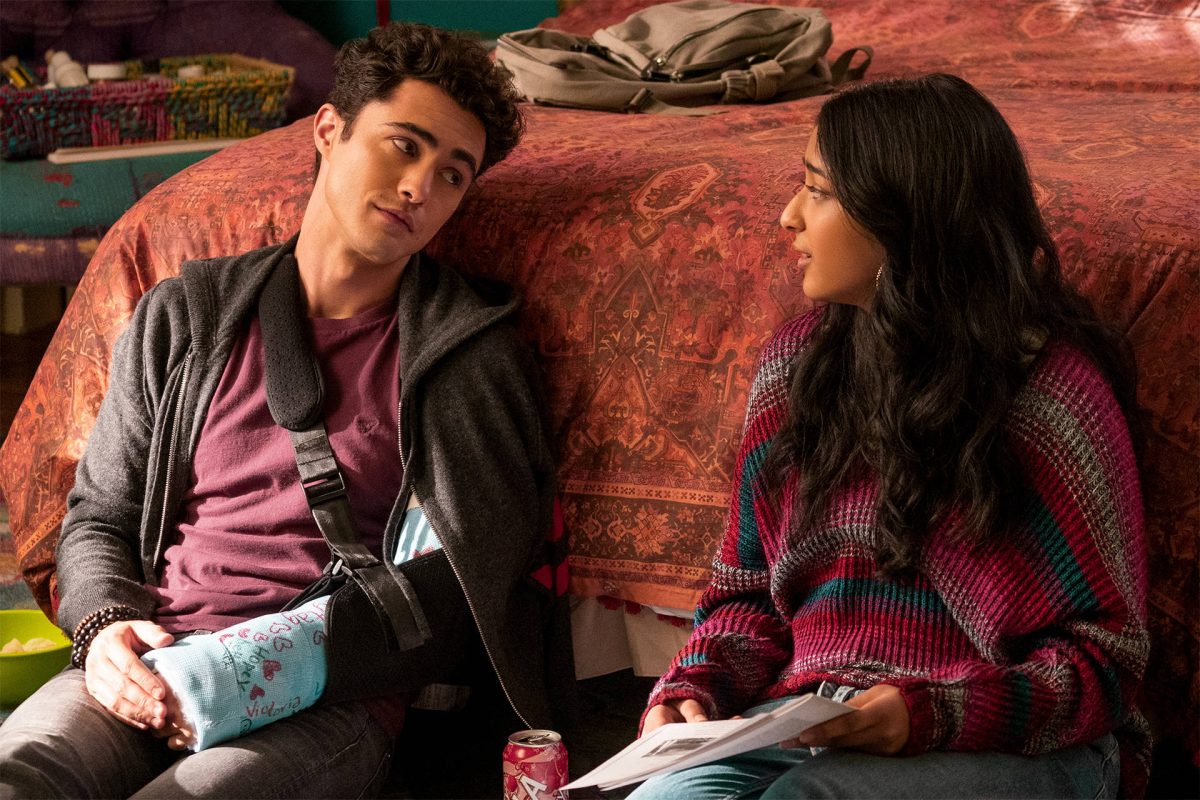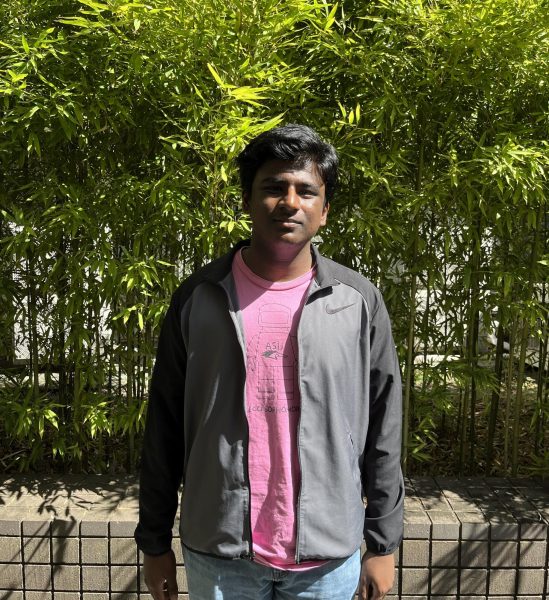As I scoured the vast sea of TV shows to indulge in during the summer break, one title, in particular, caught my attention: Never Have I Ever (2020-2023). At first glance, I assumed it to be a television series produced in India, given the Indian-American actress Maitreyi Ramakrishnan played the main character; however, I was taken aback to discover that it was, in fact, an American comedy-drama series. A deeper dive into the show revealed that one of its creators was Mindy Kaling, a well-known Indian-American comedian.
Admittedly, my knowledge of Mindy Kaling was limited, but in the past I had heard whispers of criticisms from my South Asian friends who voiced concerns about her jokes occasionally perpetuating stereotypes and relying on tired clichés. These negative comments left me apprehensive about the show before I even had a chance to watch it.
However, as I delved into Never Have I Ever, I discovered a remarkable depth in its characters and well-crafted storytelling. Through the lens of an Indian-American teenager, the show beautifully depicted the struggles and triumphs of navigating cultural heritage, adolescence, and the universal quest for self-discovery.
Reading reviews of the show on IMDb and on other platforms, it became blatantly clear that this series had struck a chord with viewers far beyond its initial allure. However, I wanted to explore how the show resonated with South Asians on a local level, particularly within the community of The American School in Japan (ASIJ).
With the recent release of the final season of Never Have I Ever in June 2023, I interviewed a few South Asian high-school students at ASIJ who had watched the show, seeking to understand their perspectives while also sharing my own thoughts on the series.
Shivaan Kothari, a sophomore, described the show as a unique blend of corniness and quality. “The show was corny, but really good,” he said, “I like the way they managed to incorporate South Asian culture; especially South Indian, which is typically overlooked in popular culture.”
Indian cinema is often summarized with the term “Bollywood,” which is actually an oversimplification. “Bollywood” only refers to the Hindi-language Mumbai-based film industry. However due to this misconception, globally, people assume that Bollywood is the entirety of Indian cinema, when in reality, India is home to a rich tapestry of diverse regional film industries, with over 26 different film industries producing a staggering amount of over 1800 films annually. Sadly, the lack of awareness surrounding these regional industries has contributed to the underrepresentation of certain areas of India in mainstream media.
In Never Have I Ever, the main character Devi’s family hails from the Tamil region, located in South India. This portrayal provides a refreshing departure from the common narrative dominated by Hindi-speaking Bollywood and allows viewers to gain a deeper understanding of the cultural nuances specific to the Tamil community.
By highlighting an overlooked cultural group, the show not only breaks stereotypes but also offers a much-needed representation of the diversity within the larger South Asian community. Throughout the series, there are heartfelt moments that celebrate the cultural nuances of the Tamil region which help add an authentic touch to the scenes.
Deshnaa Singhi, a senior, expressed her positive views on the show, highlighting the character development of Devi. “I liked that Devi moved away from ‘Indian-hating,’ and I feel like she definitely came to appreciate her culture more, which was so cool,” she said. “Also, the balance Devi faced between her Indian identity within her family and the challenges she encountered in her daily life was nice.”
Deshnaa also shared her thoughts about Mindy Kaling’s involvement in the show. “I don’t really like her much,” she said, “I mean, I appreciate the positive impact Never Have I Ever made but also there are a lot of erasures in her work. She definitely perpetuated stereotypes and I feel like [she] could have done more to focus on cultural events and actual struggles that South Asian people may experience in a foreign country.”
As Deshnaa aptly put it, the impact of Kaling’s work is notable, yet there is an underlying responsibility to delve into more profound aspects of the South Asian experience.
As I concluded this exploration of Never Have I Ever and its impact on the South Asian community, I realized that this show isn’t just a television series; rather it is a major step towards a more inclusive media landscape. It is evident that the show has managed to both captivate and provoke thoughtful discussions among its viewers.



